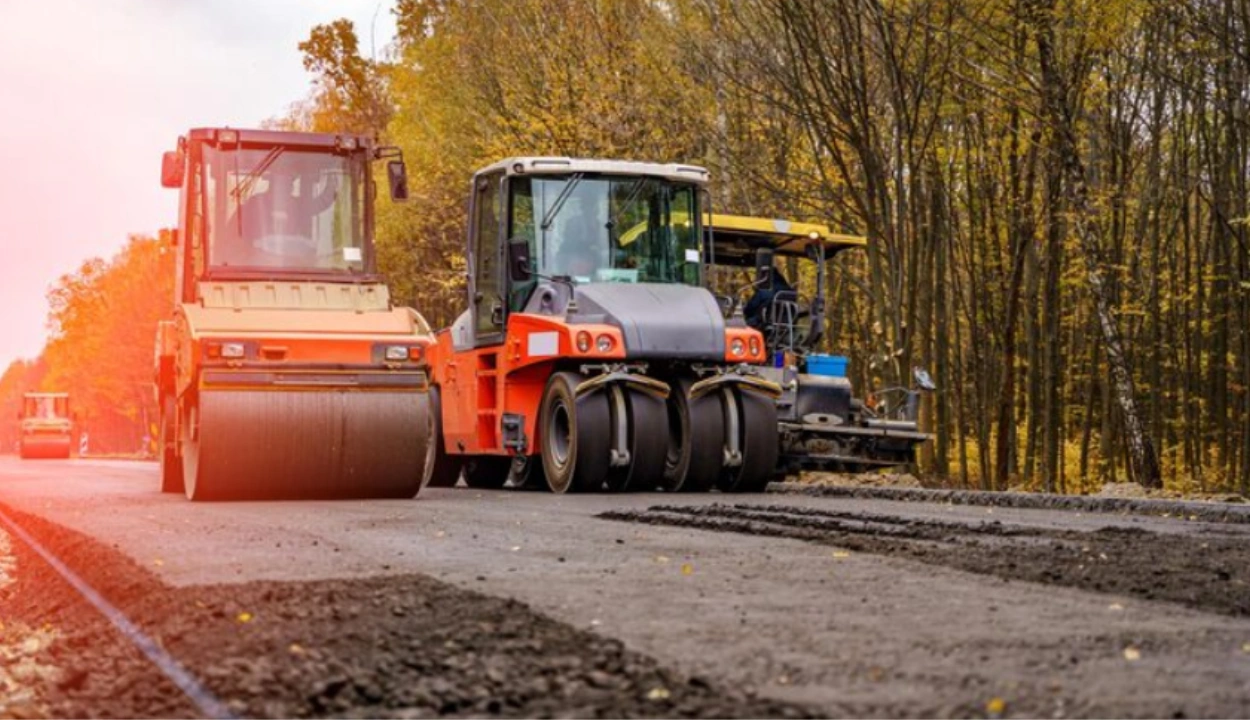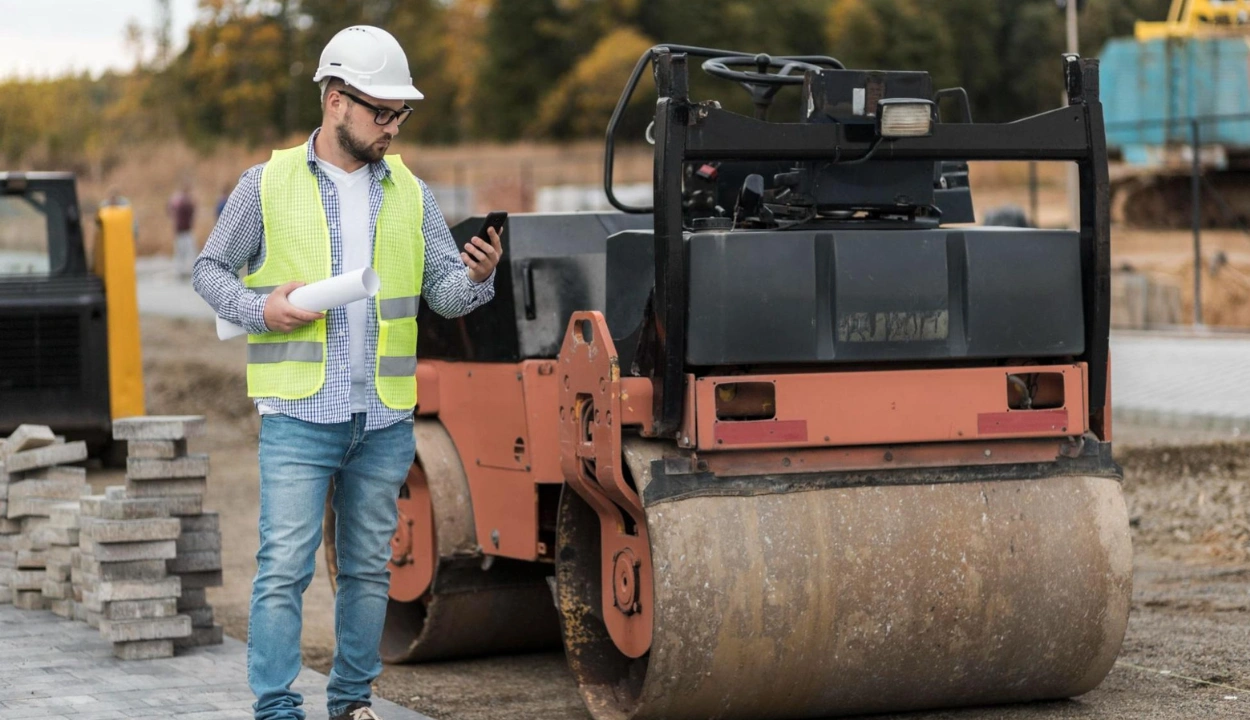How EMR Can Protects Your Construction Business
Safety and financial stability are key elements in the construction industry.
In the construction industry, one important element that aids EMR safeguard construction business is the Experience Modification Rate (EMR).
This particular metric is also closely associated with insurance premiums but also assists greatly in defining a company’s standing, its relationships with clients and culture of safety.
But what is EMR, and how does it work towards the protection of your construction business?
We shall take a deep dive into the intricacies surrounding EMR in Construction, its computation and its importance to your business in terms of preventing losses in expenditure.
What is EMR in Construction?

The Construction Industry uses the term EMR when referring to a specific rating issued by insurance companies to businesses based on their historical workers’ compensation experience.
An important measure for construction companies as construction sites are more hazardous, this rating states if such an insurance was acquired, the business’s EMR was over the threshold.
High EMR rating suggests that a company has had a tendency towards being accident prone and hence would have to pay more in insurance premiums.
If the company receives a low EMR rating calculation, it means they are on the lower side when it comes to accidents and this can EMR protect your construction business from high costs.
How Does EMR Protect Construction Business?

The primary role of EMR is to directly influence your workers' compensation costs.
If your EMR rate is low, it shows that your company has a solid safety record, which in turn, can reduce your insurance premiums.
A lower EMR rating translates into financial savings, which can be reinvested into other areas of your business, ultimately helping your company grow.
Moreover, EMR protects construction business by allowing companies with low rates to improve their reputation and remain competitive in an industry where safety is a top priority.
For construction businesses, a good EMR score not only lowers the costs of insurance but also plays a role in winning bids and attracting clients.
Many large construction projects and contractors will review the EMR rate construction before entering into agreements, considering it a reflection of the company’s safety standards.
EMR Protect Construction Business by Lowering Insurance Costs

The biggest advantage of maintaining a low EMR is that it directly reduces your workers' compensation premiums.
Insurance companies calculate premiums based on the EMR rating calculation, where a lower EMR score construction means fewer claims and lower overall costs.
This can make a massive difference, particularly in the construction industry, where workplace injuries are more frequent.
For example, if your EMR is 0.80, your company will pay only 80% of the standard premium rate, compared to other construction companies with an EMR of 1.0.
However, if your EMR exceeds 1.0, your premiums will increase, making your business less competitive in terms of cost.
How to Calculate EMR
In order to understand how EMR affects your construction business, it is crucial to know how it is calculated.
The EMR is calculated using the following formula:
- EMR = (Actual Claims / Expected Claims) x 100
If your company’s claims cost less than expected, your EMR will be below 1.0, leading to lower premiums.
What is a Good EMR Rating in Construction?
A good EMR rate construction is typically below 1.0. An EMR of 0.9, for example, shows that your company has a lower-than-average risk of injury and claims compared to other construction businesses.
Conversely, an EMR higher than 1.0, such as 1.2 or 1.5, indicates a higher risk, which means your business will likely face higher insurance premiums and possibly lose potential clients or contracts.
EMR Protect Construction Business by Improving Safety Standards

Maintaining a low EMR is not just about lowering costs; it also demonstrates your commitment to safety.
A low EMR score construction signifies fewer workplace accidents and injuries.
This not only protects your construction business from potential lawsuits and workers' compensation claims but also contributes to a safer work environment, which can improve worker morale and productivity.
A solid safety culture within your company can help EMR protect construction business by reducing incidents that could otherwise drive up your EMR rate construction.
Through regular safety training, implementation of safety protocols, and utilizing safety equipment, your business can ensure that the EMR rating calculation stays low, minimizing the chances of claims.
Strategies to Improve EMR Rating Construction

- Regular Safety Audits: Regularly assess and improve your safety practices. Regular audits help identify areas of improvement and reduce accidents.
- Employee Training: Have your workers undergo on the job safety education and training to ensure they are aware and compliant with safety standards on-site.
- Use of Technology and Tools: Investment in safety technologies and modern tools that prevent accidents and make working conditions better.
- Track Safety Data:Record incident and near miss occurrences; maintain a record of safety practices and develop data patterns that prevent further injury.
By keeping a tight focus on safety, EMR protects construction businesses by helping you maintain a low EMR score construction, directly benefiting your company's financial health and market reputation.
EMR Protect Construction Business in Winning Contracts
A low EMR rate construction is often a prerequisite for obtaining certain contracts, especially with government agencies or larger general contractors.
These clients want to ensure that they are working with companies that maintain high safety standards.
Therefore, a low EMR can give your business a competitive edge when bidding for projects, as it signals to potential clients that you prioritize safety, thereby reducing the risks associated with workplace injuries and claims.
EMR Protect Construction Business by Enhancing Reputation

Your EMR rating also affects your company’s reputation. A low EMR rate construction shows that your company is committed to safety, and it fosters trust with both clients and employees.
Having a solid safety record can lead to repeat business, referrals, and positive testimonials, all of which contribute to the long-term success of your company.
What is the Best EMR Rating in Construction?
The best EMR rate construction is 0.0, indicating no claims and a perfect safety record.
However, the reality is that achieving a perfect EMR rate construction is rare, and most companies strive for a score below 1.0.
Companies with a rating of 0.5 to 0.8 are typically viewed as industry leaders in safety.
Using Clue to Protect Your Construction Business
To effectively track and manage your EMR, tools like Clue can be invaluable.
Clue is a sophisticated platform designed to help construction companies track safety metrics, improve risk management, and ultimately lower their EMR rating calculation.
With its data-driven insights, Clue enables companies to identify safety risks before they become costly problems, ensuring that your company maintains a low EMR rate construction and continues to benefit from the financial savings and business opportunities that come with it.
Wrapping Up
Maintaining a low EMR rate construction is essential for EMR protect construction business from high insurance premiums, lawsuits, and accidents that can damage your company’s reputation.
By focusing on safety, improving training, and using the tool Clue, your business can achieve a low EMR, which in turn will help protect your construction business in both the short and long term.
Taking control of your EMR is not just about saving money and it's about showing clients, employees, and the industry that safety is your top priority.
Use Clue to lower your EMR, keep your workers safe, and save money!
Transform Your Equipment Management












